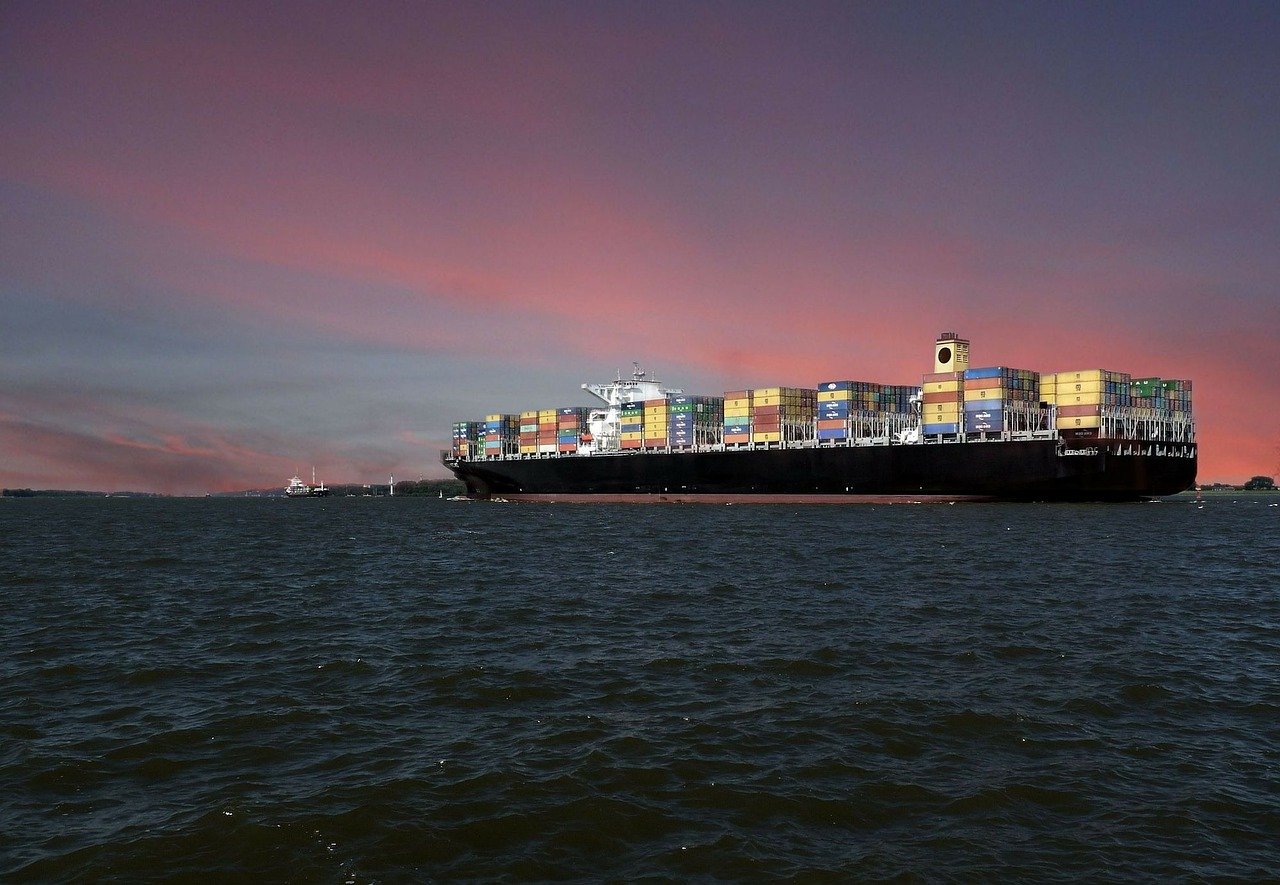The blockage of the Suez Canal by a skyscraper-sized cargo ship could worsen monthslong snarls in the global supply chain, causing shortages of products such as toilet paper, coffee and furniture in the U.S.
About 10% of global trade passes through the canal, or nearly $10 billion of goods daily.
There are virtually no alternative routes for shipping goods from Asia to Europe. As a result, imports to the U.S. from Europe could be delayed and the blockage could prevent empty shipping containers from being returned to Asia, compounding a worldwide container shortage sparked by the pandemic and rising consumer demand.
Although U.S. imports from Asia generally traverse the Pacific Ocean to California, delays of parts sent from Asia to Europe could push back deliveries of finished products from Europe to the U.S. A blockage that’s cleared within days is unlikely to slow shipments but the affects would be more severe if the crisis drags on for weeks. Suzano, a Brazilian company that accounts for about a third of global supplies of hardwood pulp, which is used to make toilet paper, told Bloomberg the container crunch already poses the risk of supply snags.
Most producers of robusta coffee, used in Nescafe, ship the product through the canal. A coffee shortage would mostly affect Europe but could ripple worldwide, according to Bloomberg and Business Insider. Coffee roasters on the continent already were struggling to get supplies from Vietnam and the coffee beans Europe imports from East Africa and Asia flow through the Suez. And booming furniture sales amid the pandemic’s work-from-home trend have pushed back deliveries by months, a logjam worsened by congestion at California ports, according to Business Insider. The Suez snarl could intensify the back-ups.
Oil shipments also may become ensnared in the crisis. About 1.9 million barrels of oil a day go through the canal, according to Lloyd’s List, a shipping journal. That’s about 7% of all seaborne oil. The closure could affect shipments of oil and natural gas from the Mideast to Europe and nudge crude and gasoline prices higher. Pump prices already have climbed because of a winter storm that shut down Texas refineries and a switch by refineries to more expensive summer gasoline blends. And the global shipping network has been clogged even as consumer demand has picked up along with an easing pandemic. Some factories in the U.S. and abroad are still shuttered while many others are running at partial capacity because of employee COVID-19 cases or social distancing requirements. Ports, warehouses and trucking companies are also grappling with worker absences. And COVID vaccine deliveries are taking up shipping capacity.










